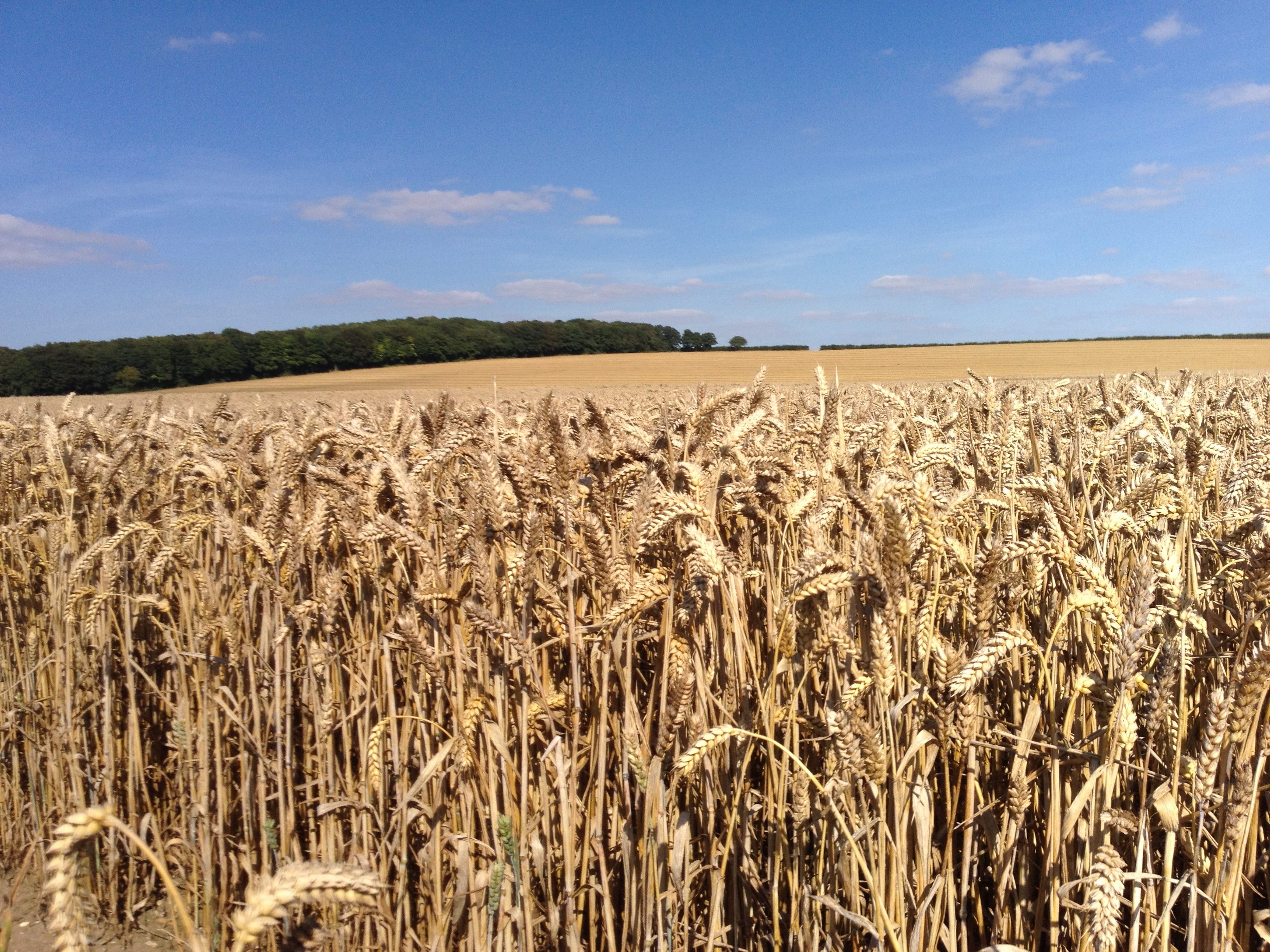A new report published by the Agriculture Horticulture Development Board (AHDB) scrutinises the future of the UK milling and malting industries post-Brexit.
The research would suggest that Brexit will have a considerable impact on the UK’s milling industry under a range of trade scenarios, but the malting sector is in a far better position to weather the storm.
AHDB researchers have also aimed to provide an insight into long-term implications on planting and highlight potential impacts on future grain prices.
Three trade scenarios
The report – ‘Brexit scenarios: Impacts on the UK’s milling and malting sectors’ – assesses the impact of three post-Brexit trade scenarios on supply and demand for milling wheat, malting barley, flour and malt.
- Free Trade Agreement (FTA) with the European Union (EU) agreeing zero tariffs;
- A unilateral approach where imports are tariff-free but exports are subject to tariffs;
- Mutual application of World Trade Organisation (WTO) tariffs in the case of a so-called ‘hard Brexit’.
The UK flour trade is likely to experience significant disruption post-Brexit, even if a Free Trade Agreement (FTA) is negotiated.
This is partly due to UK mills’ reliance on global imports of high-quality milling wheat, which may disqualify UK flour from preferential access to the EU market.
Undoubtedly, mills on the British mainland will be severely impacted by a loss of free access to this market via the cross-border trade.
By far, the biggest impact could be the loss of trade with the Republic of Ireland, which currently receives two-thirds of its flour from mainland British mills.
The malting sector
The outlook is more positive for the malting sector with almost all UK malt currently exported to non-EU countries, trading arrangements with the EU would have little impact.
Brexit may also provide an opportunity for UK growers to displace malting barley imports by growing six-row malting varieties.
Dr. Martin Grantley-Smith, strategy director for cereals and oilseeds, commented on the need for tough decisions in the near future:
“Up to now, our trading arrangements with the EU have been of critical importance.
Whatever the outcome of Brexit, business-as-usual is not going to be an option.
Grantley-Smith highlights the fact that the AHDB report has provided some early warning of how the challenges may play out.
Businesses within the agriculture sector have been given the opportunity to revisit some of their options for post-march 2019, he believes.
For further information on the AHDB’s Brexit tools and resources Click here


